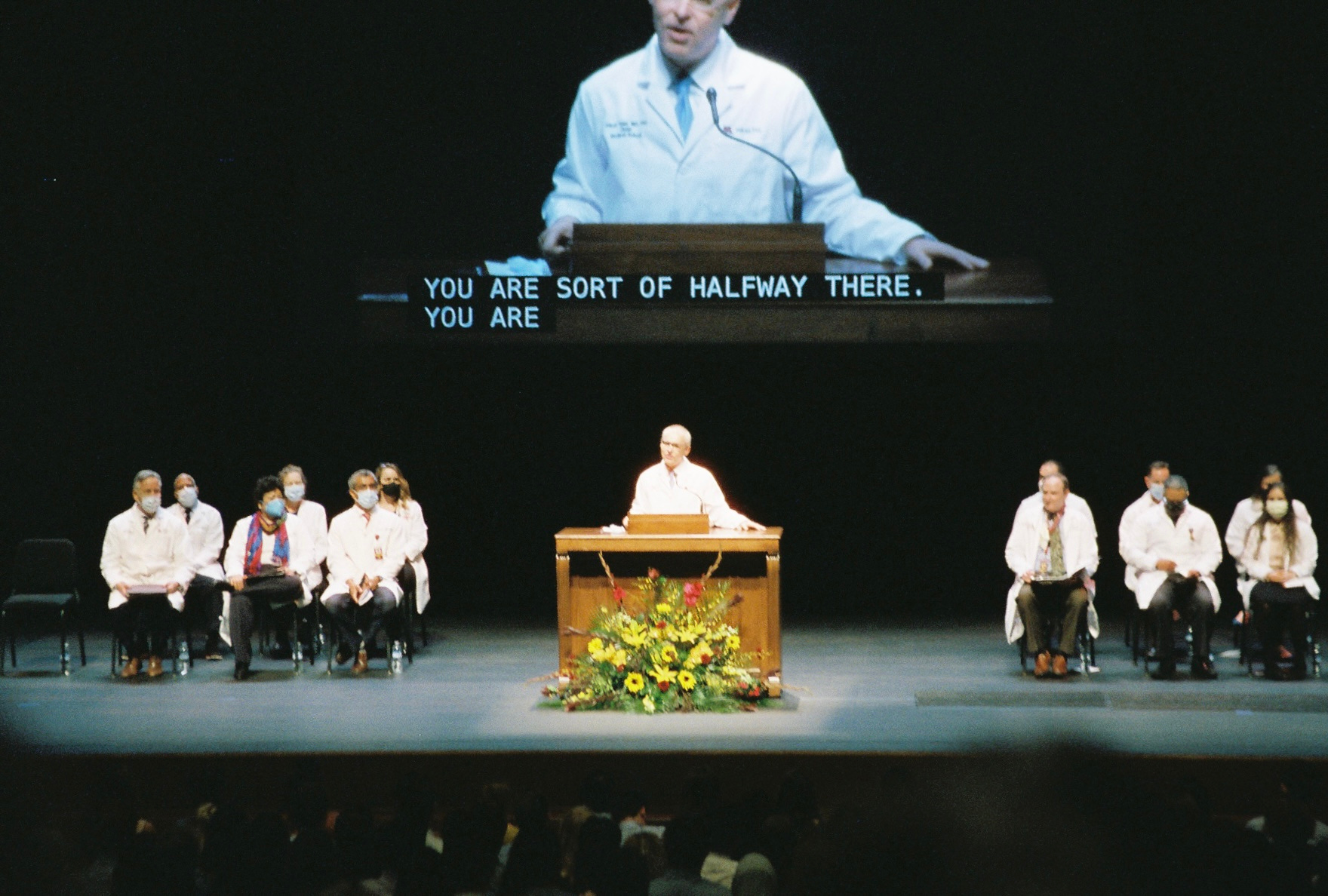This is not medical advice, and I am not a doctor.
When I turned 15, I applied to Best Buy (mostly to boycott my family’s long-standing tradition of working at McDonald’s as teenagers) and because I love technology. Naturally, my interest in technology interfaced with my love of medicine. Lately, I’ve been reading stacks of articles about artificial intelligence’s role in medicine. Here’s a broad overview of AI in medicine:
What is the state of artificial intelligence in medicine?
Artificial intelligence (AI) is an emerging field with tons of potential. AI can analyze a lot of medical data quickly and accurately, which can help doctors make better decisions and provide personalized treatment. Machine learning algorithms have been used to diagnose, predict patient outcomes, and identify drug targets (speeding up drug discovery). However, the field is still in its early stages, and it will take some time before AI becomes a widespread tool in medicine.
Which medical specialties will best utilize artificial intelligence?
Radiology and psychiatry are two specialties embracing artificial intelligence research. Radiology makes sense as algorithms can learn to analyze images and diagnose diseases with high accuracy. Psychiatrists have started using mental health “chatbots” that talk to people struggling with substance use disorders, depression, and anxiety. Pathology and dermatology also seem likely to adopt AI. Sensor-loaded microscopes could suggest diagnoses for pathologists. Dermatologists may integrate artificial intelligence slower, as diagnosing is not always visual. It often involves touching the patient’s skin.
Virtual patients with an infinite combination of demographics and comorbidities are being used to assess treatment responses which can inform physician decision-making.
When will robots replace doctors?
Yeaaaah naahh! While artificial intelligence and other technologies can help doctors, they cannot replicate human doctors' complex cognitive abilities and decision-making skills (yet). The practice of medicine requires a deep understanding of human psychology and a compassionate bedside manner, two qualities that machines lack. Robots are not ready to replace doctors but rather assist them.
Just as ATMs have displaced most modern bank tellers, I think technology will eventually take over the functions of modern physicians and mid-level providers. That has to be hundreds of years away though… right?


